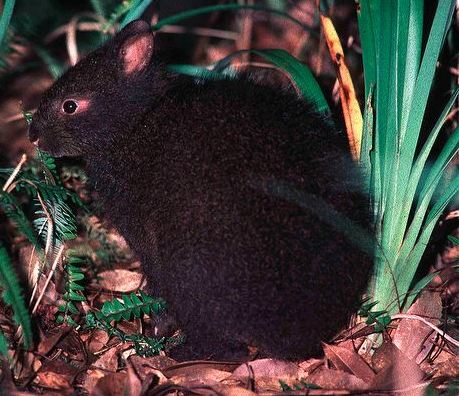7667766266
enquiry@shankarias.in
Corruption Perception Index
Project 75(I)
Samantha Express
CAR-T

Phased Manufacturing Program
Amami rabbits

Source: PIB, The Hindu